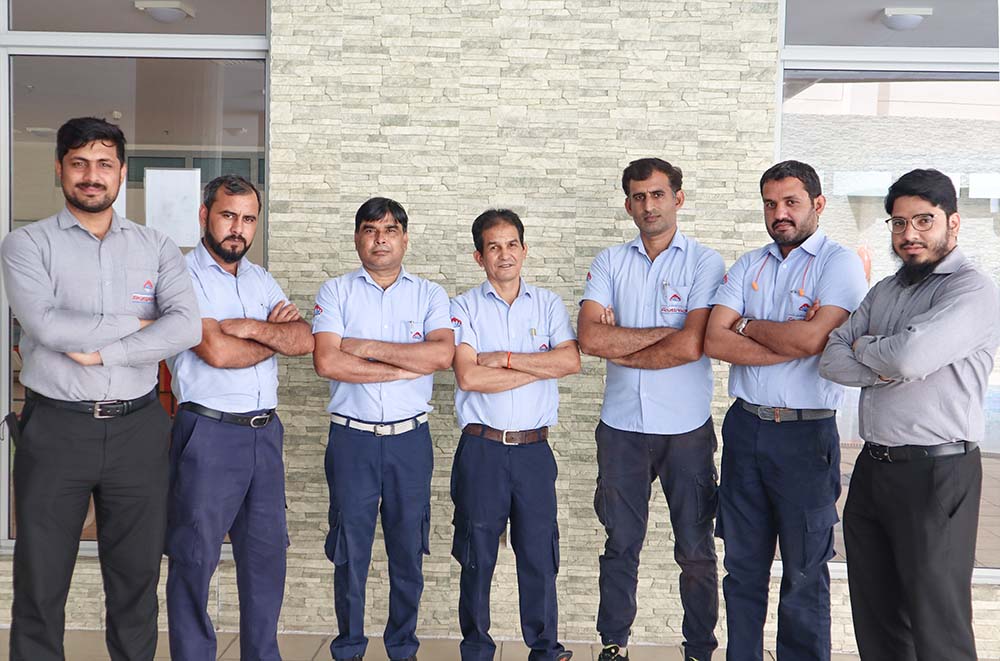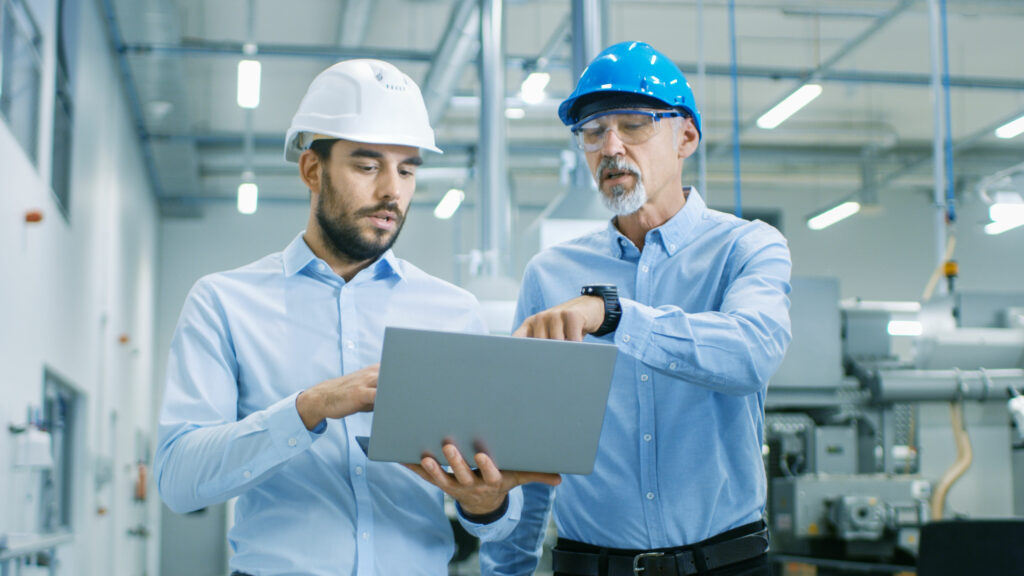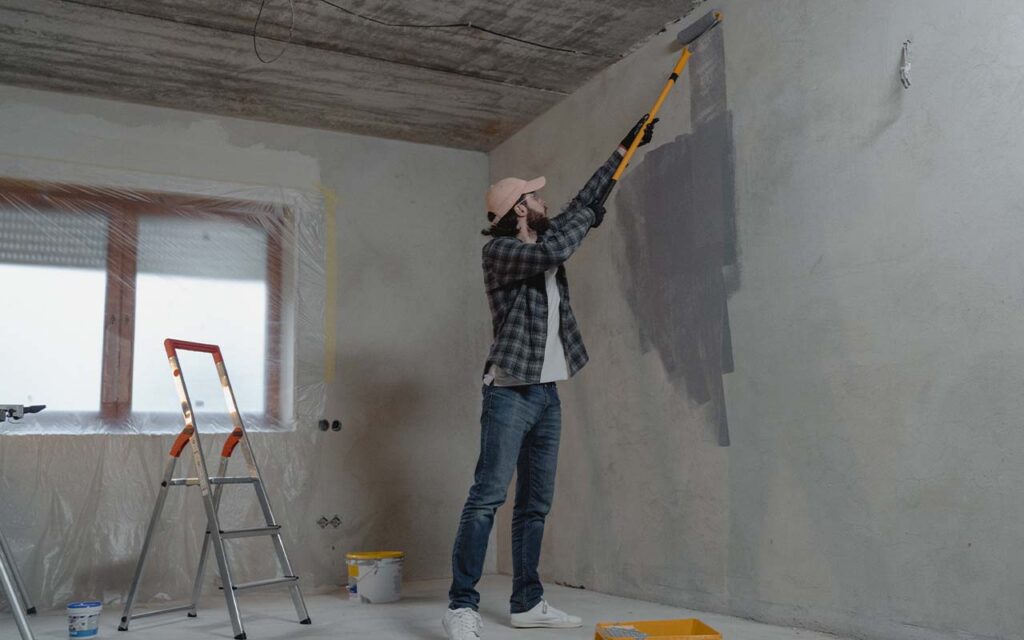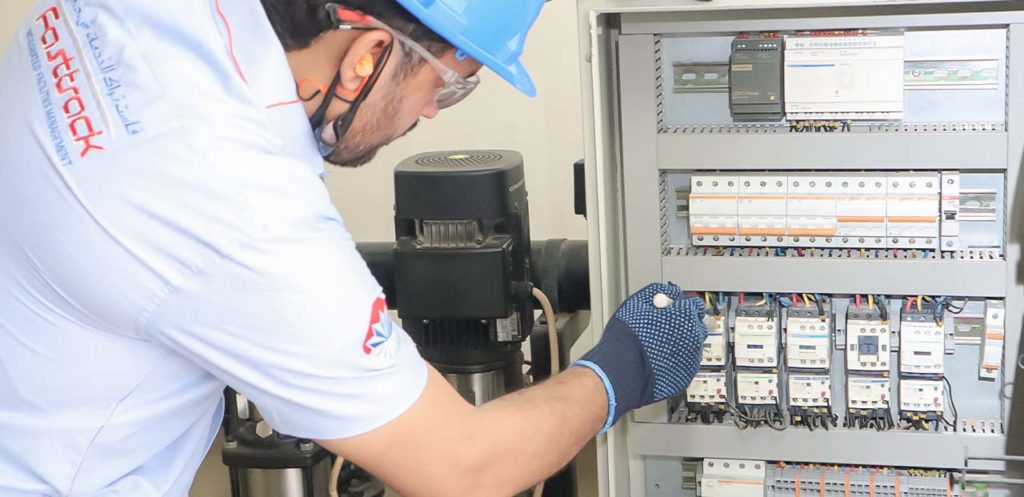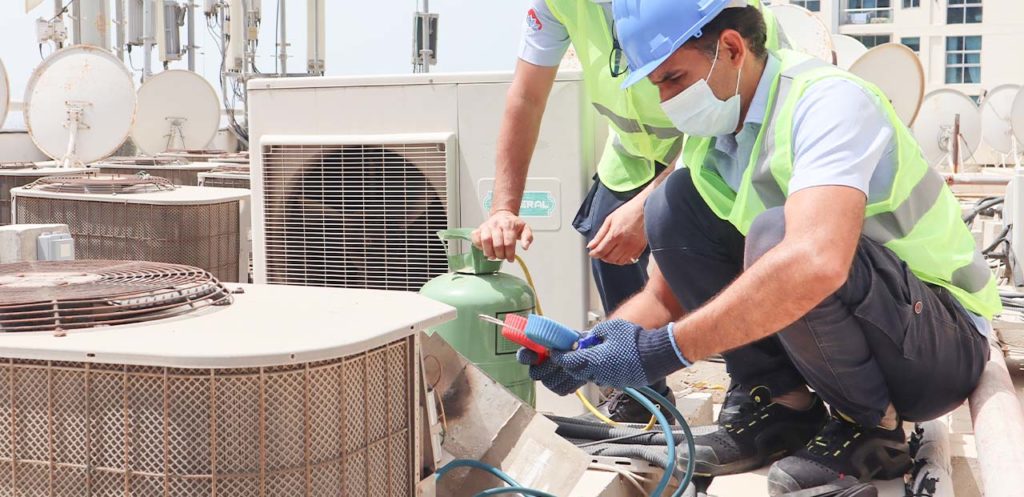How Fast Track Facility Management Services Can Make Your Life Easier
In today’s fast-paced world, managing and maintaining various aspects of our homes and businesses can be quite overwhelming. From handling daily chores to ensuring the smooth functioning of essential systems, the list of responsibilities seems never-ending. This is where Fast Track Facility Management services come to the rescue. Fast Track is a one-stop solution for all your property maintenance needs, offering a comprehensive range of services that can significantly simplify your life. Let’s explore how Fast Track Facility Management services can make your life easier.
HVAC Services:
A well-functioning HVAC (Heating, Ventilation, and Air Conditioning) system is essential for comfort in any building. Fast Track Facility Management offers installation, repairs, and maintenance services for air conditioning systems, ensuring that your property remains cool and comfortable throughout the year. Additionally, their Annual Maintenance Contracts (AMCs) provide regular check-ups and timely repairs, preventing major breakdowns and unexpected expenses.
Electrical Services:
Electrical issues can be both hazardous and disruptive. Fast Track’s team of skilled electricians is equipped to handle all kinds of electrical maintenance, including low current systems, low voltage systems, electrical panels, and cable works. Their prompt and reliable services ensure that your electrical systems function efficiently, minimizing the risk of any electrical hazards.
Plumbing Services:
A well-maintained plumbing system is vital for a smooth and functioning property. Fast Track offers comprehensive plumbing and sanitary system installation services, including piping works, pump, and tank repair and maintenance. By entrusting Fast Track with your plumbing needs, you can avoid plumbing emergencies and costly repairs down the line.
Painting Services:
Enhancing the aesthetic appeal of your property can breathe new life into it. Fast Track Facility Management provides excellent painting and decorating services that cater to your specific preferences. From meticulous surface preparation to the use of high-quality paints, their team ensures a beautiful and long-lasting finish that will leave you delighted.
Civil Maintenance:
For property owners, construction and masonry services are essential when building or renovating. Fast Track offers professional civil maintenance services, ensuring that your construction projects are executed with precision and high-quality standards. Their expertise in civil maintenance guarantees a successful and hassle-free project.
Annual Maintenance Contracts:
Fast Track’s Annual Maintenance Contracts offer peace of mind by providing regular maintenance checks and timely repairs for various building systems. With a dedicated team at your disposal, you can be confident that your property is well-maintained, and potential issues are addressed proactively.
Building Management System (BMS):
Managing complex building systems can be challenging, but Fast Track Facility Management’s facility team provides maintenance and support for new and existing building management systems. With their expertise, you can optimize the performance of your systems, leading to increased efficiency and reduced energy consumption.
Fast Track Facility Management services can undoubtedly make your life easier by taking care of various aspects of property maintenance. From keeping your space clean and hygienic to ensuring that essential systems are functioning optimally, Fast Track’s comprehensive range of services caters to all your needs. By entrusting your property to Fast Track, you free up valuable time and resources, allowing you to focus on what truly matters, whether it’s running a business or spending quality time with your family. So, sit back, relax, and let Fast Track Facility Management services handle it all!
